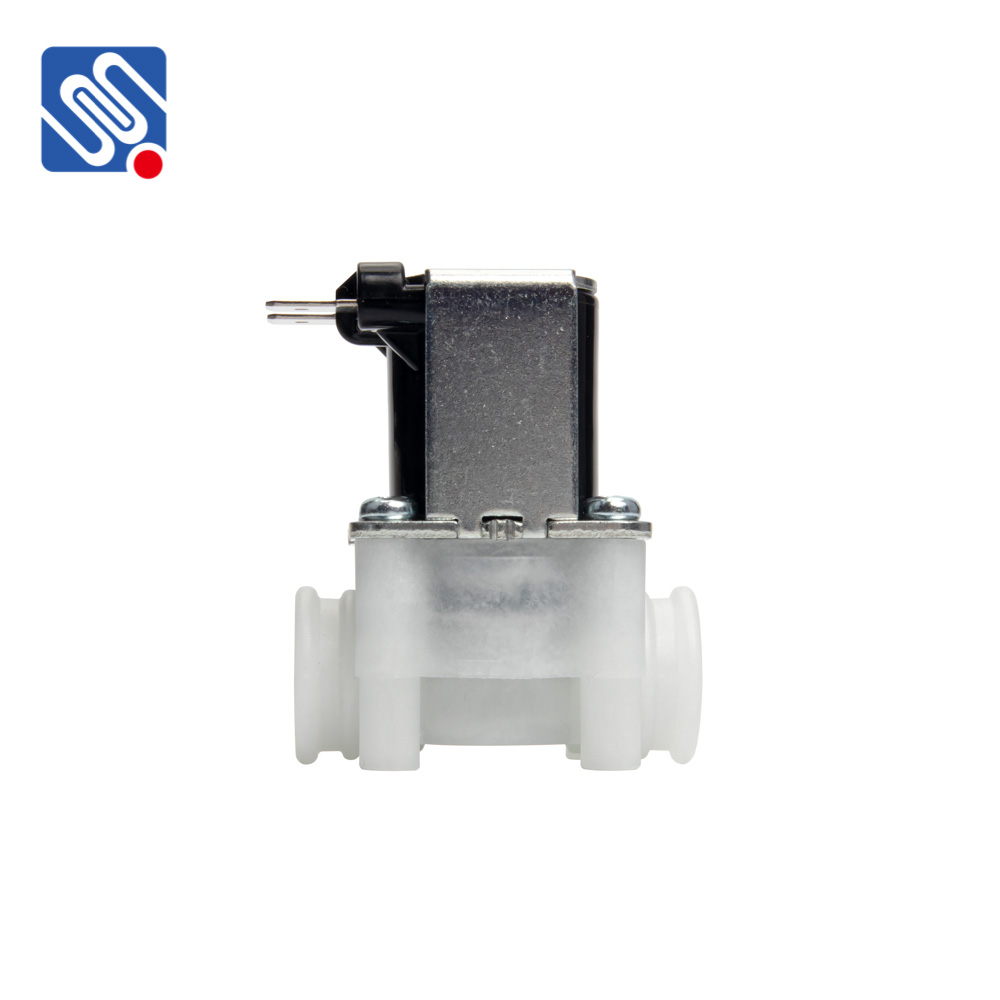PVC solenoid valves are integral components in fluid control systems, known for their durability, cost-effectiveness, and ease of maintenance. These valves are made from polyvinyl chloride (PVC), a material that offers excellent resistance to corrosion and chemicals, making them ideal for use in a variety of industries. Whether used in agricultural irrigation systems, water treatment plants, or chemical processing, PVC solenoid valves play a crucial role in controlling the flow of liquids and gases. This article delves into the features, benefits, and diverse applications of PVC solenoid valves.

What is a PVC Solenoid Valve? A solenoid valve is an electromechanically controlled valve that regulates the flow of fluids or gases. The operation of a solenoid valve relies on a coil that, when electrified, generates a magnetic field which activates a plunger or armature that opens or closes the valve. PVC solenoid valves specifically use polyvinyl chloride (PVC) as the primary material for the valve body, offering advantages like chemical resistance, lightweight construction, and affordability. Key Features of PVC Solenoid Valves Corrosion Resistance: One of the standout features of PVC solenoid valves is their resistance to corrosion. PVC is highly durable against most acids, alkalis, salts, and other corrosive substances. This makes these valves particularly suitable for industries where harsh chemicals are handled, such as in chemical processing, water treatment, and agriculture.
Leave a Reply